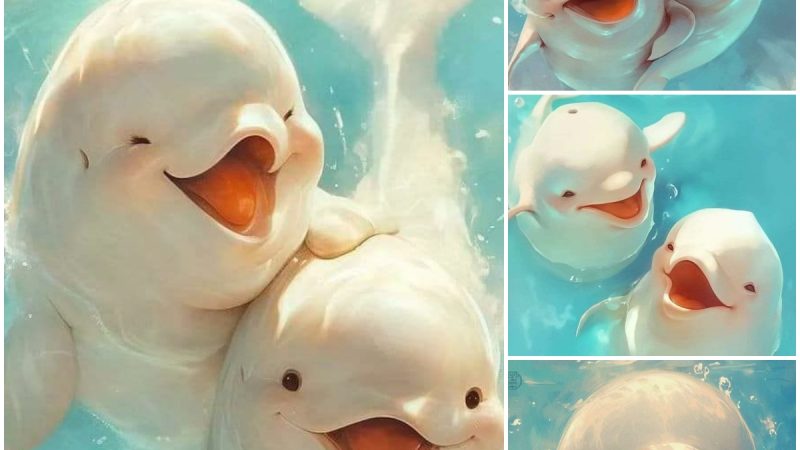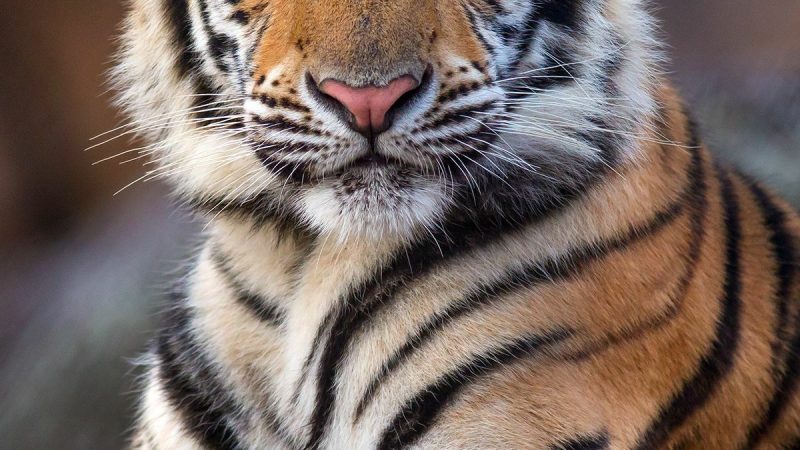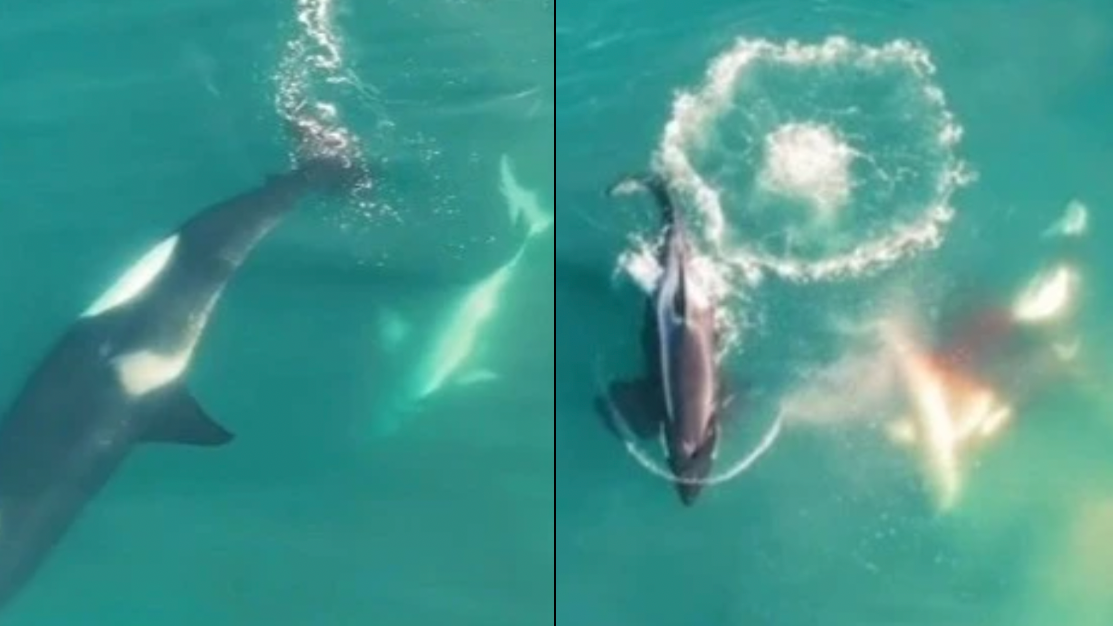
A gripping and dramatic scene unfolds as an orca ruthlessly tears out the liver of a nine-foot-long great white shark, while two other orcas watch intently. The once serene waters off South Africa’s Mossel Bay turn crimson as the shark succumbs, vanishing into the ocean depths.
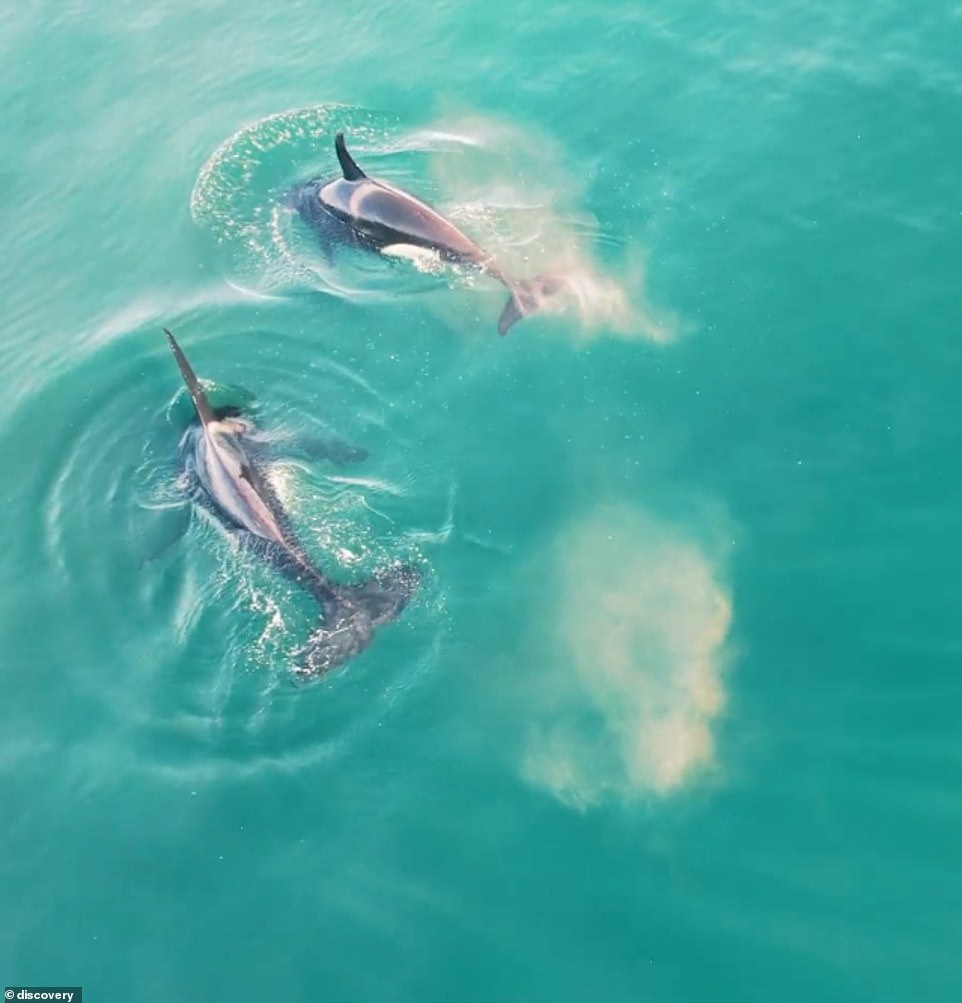
This extraordinary event, captured by a drone camera hovering above, provides scientists with crucial insights into why apex predators seem to be leaving a region that was once considered the shark capital of the world.
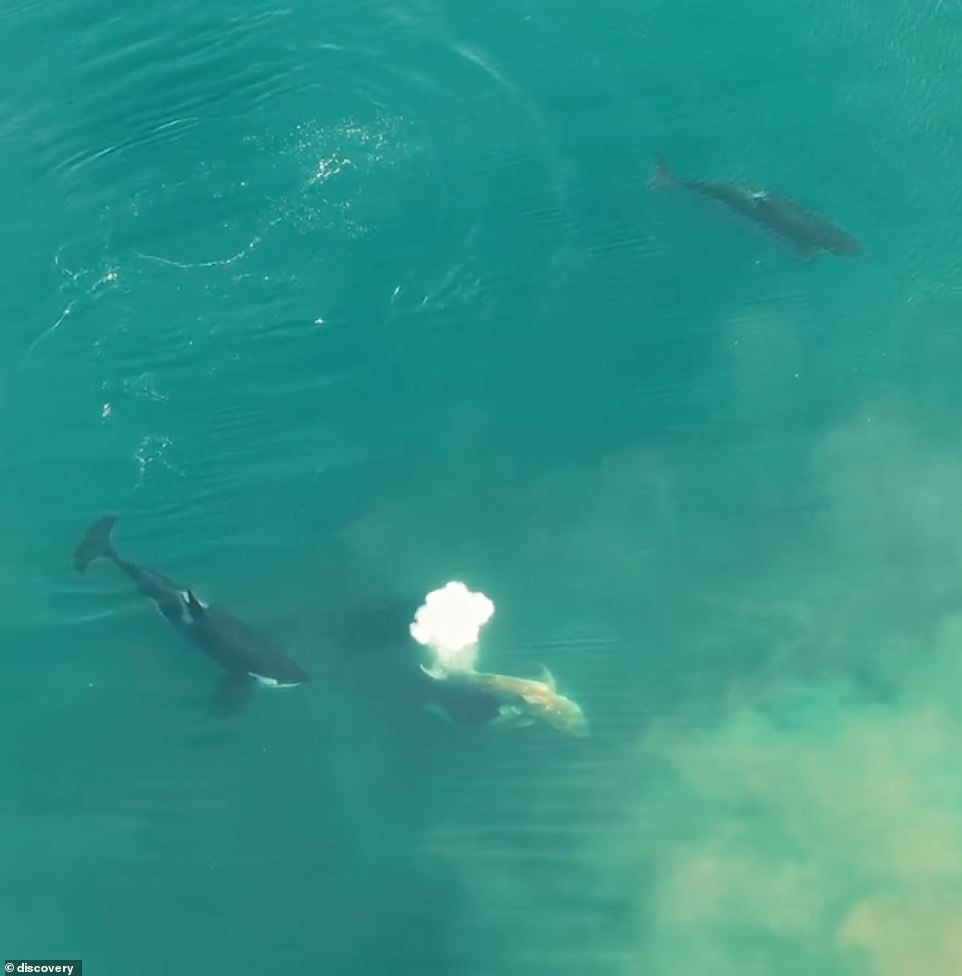
Orcas have developed a preference for great white shark livers, given their substantial size, high fat content, and newfound status as the whales’ favorite delicacy. This peculiar predilection led to the discovery of eight shark carcasses washed ashore the Western Cape in 2017, all missing their livers.
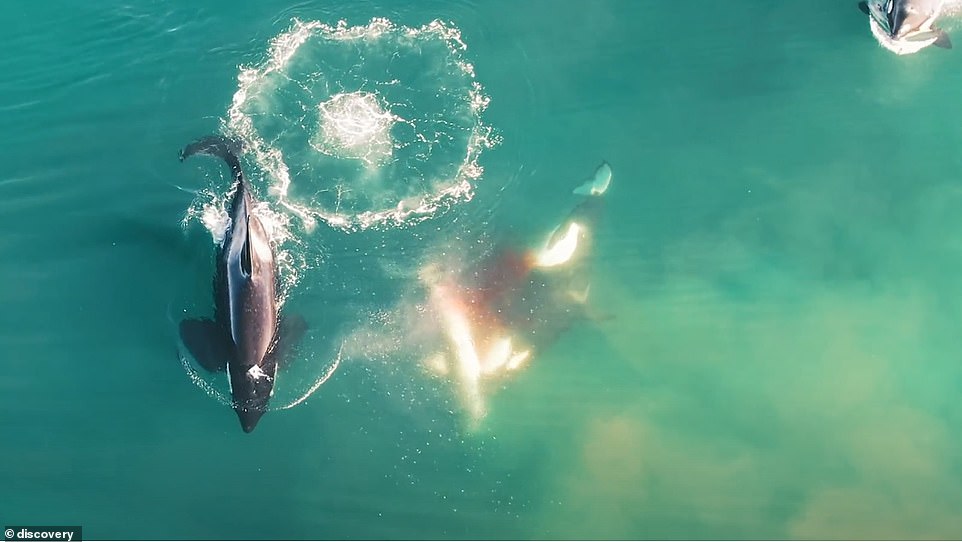
The footage is part of marine biologist Alison Towner’s long-term work with great white sharks. She describes the clip as “one of the most incredible pieces of natural history ever captured on film.”
This clip, which marks the first documented case of an orca devouring a great white shark, is set to air on Discovery’s Shark Week, a highly anticipated television event dedicated to shark-based content.

The story unfolds with two orcas playfully splashing and swimming in the waters off the South African coast. Great white sharks are typically drawn to these waters due to the abundant population of Cape fur seals, their primary food source.
However, the once-thriving great white shark population, which numbered up to 900, has dwindled to no more than 522, largely due to the orcas’ emergence as apex predators in the region.
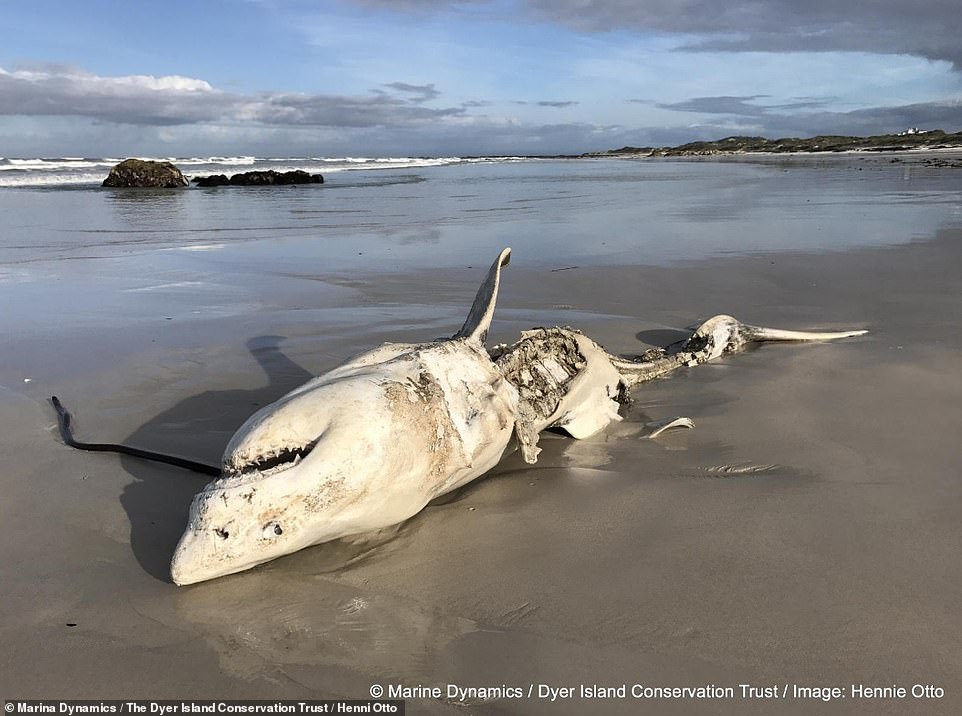
In 2019, news surfaced of the mysterious disappearance of great white sharks from Cape Town, South Africa, with all evidence pointing to the presence of orcas in the area. Between 2010 and 2016, shark spotters recorded an average of 205 great white sightings annually in a 600-square-mile section of the Atlantic Ocean. In contrast, 2018 saw only 50 sightings, and this year, not a single great white shark has been observed.
Orca whales, with their larger size, strategic hunting tactics, and collective bravery, pose a formidable challenge for great white sharks. Pollution, climate change, and overfishing of their natural prey have also been suggested as potential factors behind the great whites’ enigmatic disappearance.

Intriguingly, scientists believe that the orcas’ predation behavior may be a key factor influencing the great whites’ migration away from their once-favored hunting grounds. These events highlight the complex interactions within marine predator communities, providing valuable insights into coexistence dynamics, competition, and predator-prey relationships.
The decline in great white shark populations has had implications for tourism in regions such as Gansbaai, once renowned for its great white shark sightings and cage diving activities. While various factors, including shark fishing, prey population declines, and rising sea temperatures, may contribute partially, they are unlikely to account for the sudden, localized population decline observed since 2017.
To mitigate the impact of orca predation on already vulnerable shark populations, researchers stress the importance of increased vigilance through citizen science initiatives, such as fishermen’s reports and tourist vessel observations. Continued tracking studies will further illuminate the long-term ecological balance within these intricate coastal ecosystems.
As orcas target subadult great white sharks, which have slow growth and late-maturing life histories, heightened awareness and conservation efforts are vital to safeguarding these majestic creatures’ survival. Great white sharks already face significant threats, including mortality in anti-shark protection nets, making protection from orca and killer whale predation even more critical.
